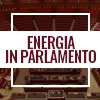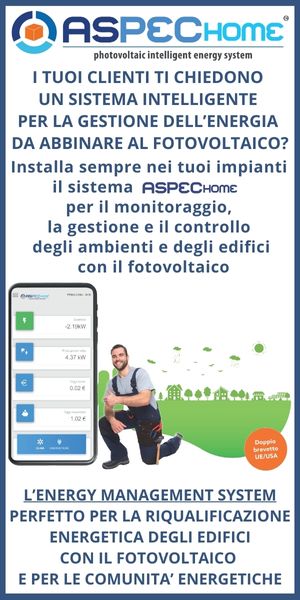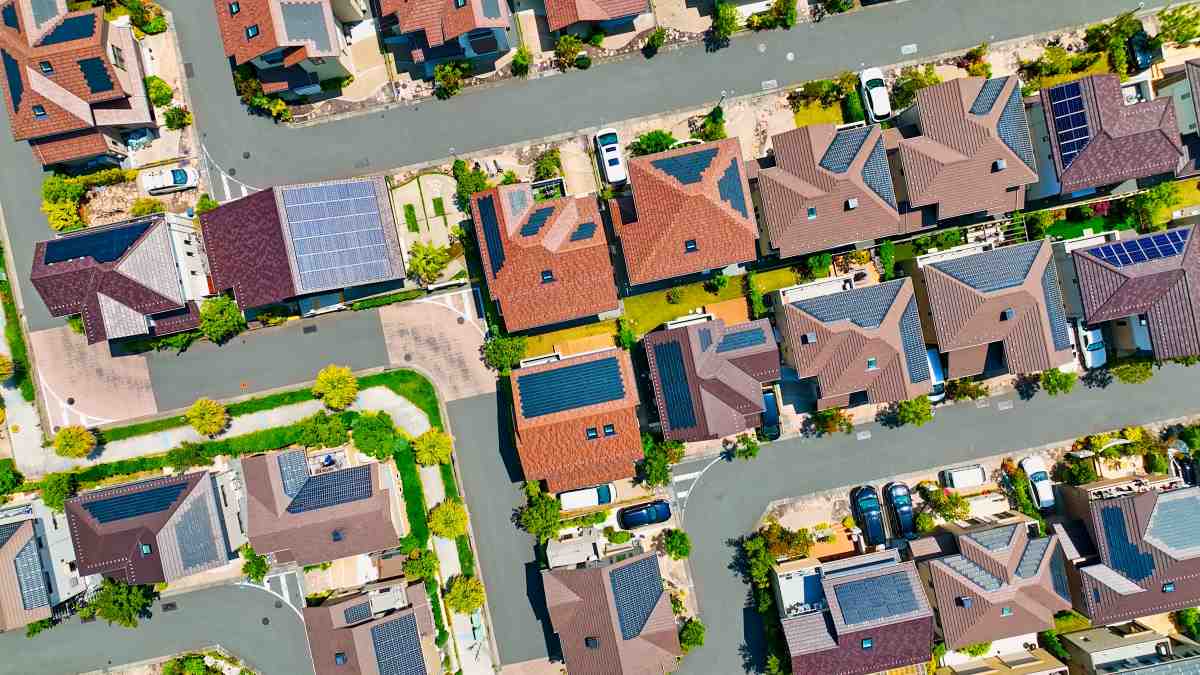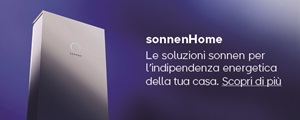The draft Energy Efficiency Directive (EED) was approved by the Energy Committee in the European Parliament despite differences between political parties. The committee said the directive would not only save energy but reduce CO2 emissions and drive up demand for carbon allowances under the EU Emissions Trading scheme.
MEPs vote to kick-start negotiations on Energy Efficiency Directive
CATEGORIE:
Legally binding energy efficiency targets across European Union member states moved a step closer to reality today as MEPs voted to kick-start negotiations on a proposed energy efficiency bill.
The Energy Committee voted 31 to 22 to start negotiations with the EU Council on the final legislation. It follows months of work on the draft directive, which has already been amended 1,800 times. Key to the proposed legislation is a binding target for the EU to reduce primary energy demand by 20 per cent by 2020. At the moment the 20 per cent target is only an objective and, according to estimates by the European Commission (EC), the EU is currently on track to achieve only half of this, unless additional measures are imposed.
“This vote is a major sign that Parliament, with a majority including most political parties, takes rising energy costs and energy poverty seriously,” said Claude Turmes the Luxembourg MEP who crafted the directive. “Energy efficiency offers possibilities for job creation – notably in the building sector. Now governments have a choice: protect citizens against energy poverty and create many job opportunities or allow big energy companies to make ever-increasing profits.”
Potrebbero interessarti



.jpg)

























